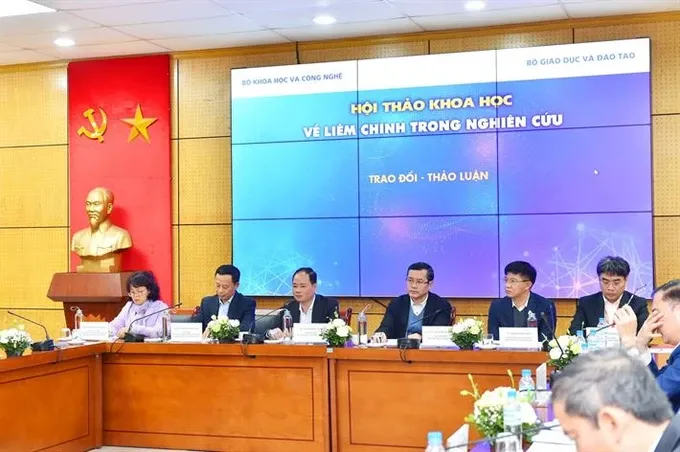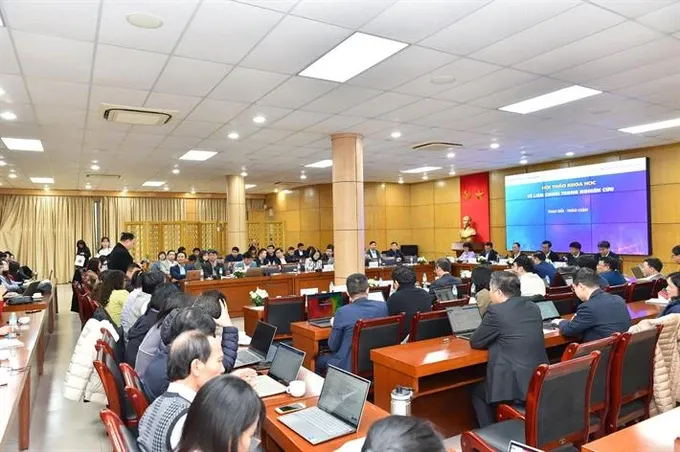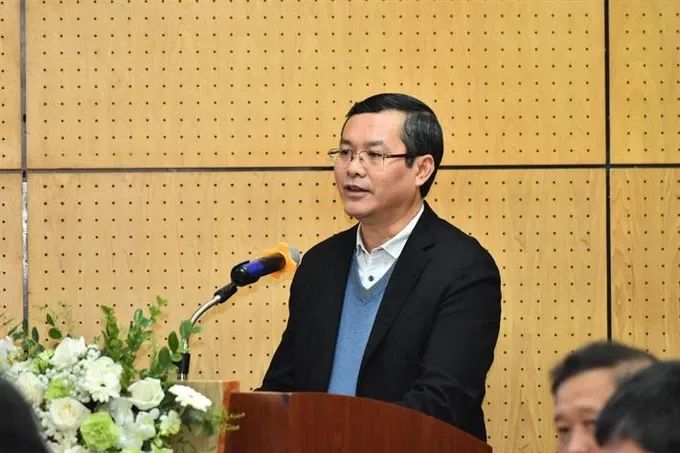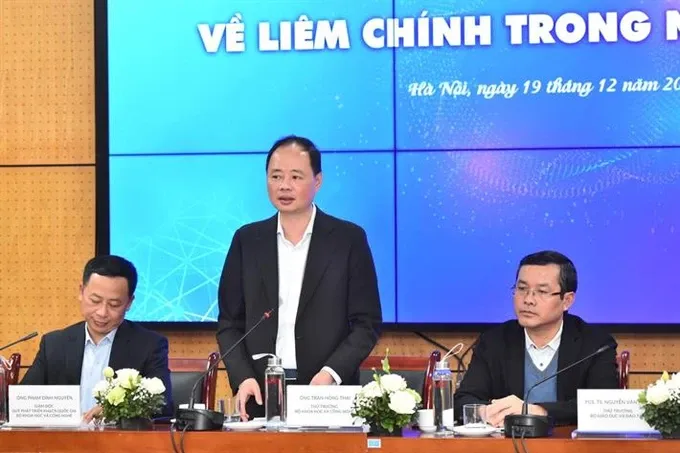
In the opening speech, Deputy Minister of Education and Training Nguyen Van Phuc informed that in the last 10 years, the number of scientific publications by Vietnamese authors in prestigious international journals has increased significantly as a result of active science-technology activities and innovation promotion.
According to the database of Elsevier (an academic publisher specializing in scientific and medical materials), the total quantity of scientific publications from Vietnam in the Scopus citation database (consisting of abstracts and citations of scientific articles) in 2013 was 3,800. The figure for 2022 was about 18,500 articles, a rise of 5 times. This boosted the ranking of Vietnam to the 5th position in ASEAN, the 12th in Asia, and the 45th in the world.

These publications have contributed to raise the Global Innovation Index (GII) of Vietnam in 2022, helping it occupy the 48th position out of 132 nations and territories, the 4th in Southeast Asia, and the 2nd among lower middle-incomed countries, only after India.
Positive as it is, the remarkable growth of international publications lately has also raised a concern in the community and individual scientists as well as leaders of scientific organizations over integrity in scientific research.

Deputy Minister Phuc stated that last year, his Ministry consulted the Government to issue Decree No.109/2022/ND-CP, stipulating scientific-technological activities in tertiary educational institutes. In particular, these institutes must actively release their own regulations on and be responsible for academic integrity for scientific-innovative activities there.
They must introduce a rule set on academic integrity in scientific-innovative activities to ensure the principles of honesty, responsibility, fairness, transparency, practicality and international practices. They must also issue internal rules and effective tools to prevent and control acts of plagiarism, fraud and fabrication in scientific-innovative activities.
Prof. Dr. Nguyen Dinh Duc, Council President of the University of Engineering and Technology – Vietnam National University-Hanoi, voiced that it is necessary to have a legal frame on integrity in scientific research and academic activities so that people are more aware of integrity in their ethics and behaviors while avoiding using integrity to harm other scientists. Rules must be set for universities to introduce their own management tools to control this matter, creating a healthier mechanism in science.
Dr. Nguyen Xuan Tung from HCMC University of Technology (HUTECH) expressed his hope for a common rule set as a guidance for each university to form their own one as well as a post-inspection mechanism and proper sanctions to handle violations of this matter.
Assoc. Prof. Dr. Nguyen Tai Dong, Head of the Institute of Philosophy, commented that Vietnam has released various rules on integrity in its laws, in the decrees of the Science and Technology Ministry, the Education and Training Ministry, and in the regulations of several universities or journals. However, there is not yet an overall one. It is high time such a common legal frame was introduced.
Other opinions in the conference agreed with the preparation of an overall regulation by the State related to academic research. Moreover, Vietnam needs to promote the growth of domestic journals that meet international standards and to establish a database as a foundation for the national data citation system.

Deputy Minister of Science and Technology Tran Hong Thai stressed that it is time to pay more attention to scientific integrity, with clear implementation guidance. More importantly, as this matter relates to scholars and teachers, when there is no sound evidence, it is sensitive and civilized not to announce the names of concerned people in a case.
He urged state management units to propose written guidance for universities and research institutes to form their own regulations on integrity. Both the Education and Training Ministry and the Science and Technology Ministry are going to create a science-technology database as a resource for state management.
Simultaneously, monitoring criteria for domestic journals and a proper development plan for these scientific references must be formed. All opinions voiced in the conference will be carefully considered for the adjustment of the Science – Technology Law.
























